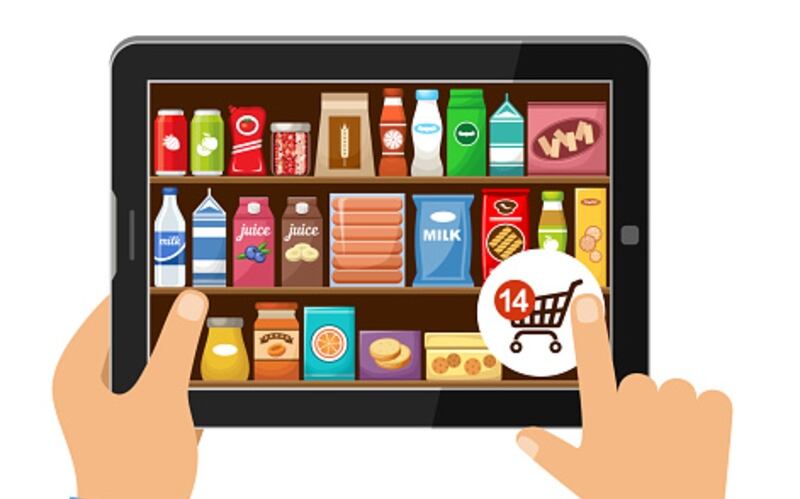According to data from data analytics firm Nielsen, 37% of Singaporean consumers have increased online shopping activities since the COVID-19 outbreak, and over three-quarters (76%) have already indicated that they will not return to pre-outbreak online shopping levels.
Some 70% of consumers opted to shop online to stock pantries with FMCG items such as packaged foods and beverages, and 69% of those who had bought these goods online for the first time during COVID-19 are already planning to do so again within the next 12 months.
“The convenience and accessibility to products online, especially during COVID-19, have not only increased existing online shoppers' spend but also converted many offline shoppers to online. This trend is unlikely to return to pre-COVID status,” Nielsen Executive Director of Consumer Insights Garick Kea told FoodNavigator-Asia.
“Consumers have already changed their lifestyle habits due to COVID-19, changing what, when and how they buy, and started making adaptations to how they shop - these adjustments may have established new and lasting habits.
“Hence, even when people return to their daily routines after the crisis passes, they may continue to be cautious about their health and want to enjoy the convenience of e-commerce.”
Interestingly, Singaporeans have shown themselves to be much more savvy in terms of healthy and efficient pantry stocking as opposed to other regions, as evidenced by the items that saw the largest growth rates.
“The food and beverage categories are seeing good online growth, [especially for] canned meat, canned fish, multivitamins, baked beans, health supplements, instant noodles and rice - All of these categories are non-perishable and thus buying online in bulk is beneficial,” Kea added.
“The trends online and offline have been quite similar, in that alcohol and snacking had minimal growth, while canned, pantry and health related items had huge growth.
“Though both alcohol and snacking should see some bounce back, nonetheless this highlights how Singaporeans prefer to buy healthier products during these times, unlike Europe/US where alcohol and snacking had good growth during COVID-19.”
The only exception to the norm here was Philippines, where alcohol sales grew 47.7% but canned luncheon meat sales fell by -9.8%.
Chocolate a major loser here
Chocolate was also highlighted as having suffered a major hit to sales –which Kea explained is most likely temporary.
“For chocolate, sales after the Chinese New Year period declined consistently both online and offline,” he said.
“[One reason for this is] chocolate is predominantly for self-consumption and gifting others, and both of these segments would be impacted due to COVID-19 as people are not buying as many impulse categories because they stay at home more.”
“People are also trying to prioritise more necessities in their basket and chocolate will not be seen as a priority.”
“That said, we do expect this to improve as people staying-in may indulge themselves, and we know from other markets that in recessions, categories like chocolate do well as people look for more affordable ways to treat and comfort themselves.”
What does this mean for F&B firms and retailers?
Although it is still too early to postulate on exact post-COVID-19 online shopping numbers, Kea emphasised that ‘huge opportunities’ were already in motion.
“As Singaporeans spend more time indoors/ at home, this will lead to a continued increase in shopping online. [COVID-19] has already triggered huge opportunities for e-commerce and the penetration of consumers buying online will rise,” he said.
“Hence, winning in omnichannel will be the best strategy [for F&B businesses. What this would include is a strong] omni-presence for F&B firms, straight-forward, seamless online ordering and smooth (accurate and timely) delivery processes, and keeping consumers continually engaged with online shopping experiences as enjoyable offline ones.”
Other important factors companies can consider that Kea highlighted were quality and safety assurances, stock availability, a wide breadth of products sold online, and the option of gift cards to purchase /deliver goods online to others.





